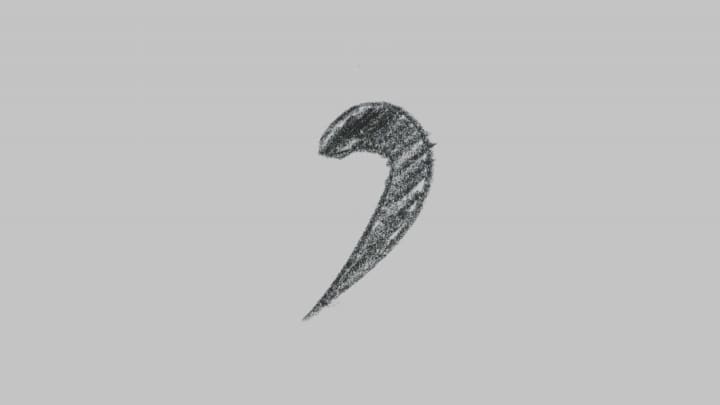The Oxford comma, so-called because the Oxford University Press style guidelines require it, is the comma before the conjunction at the end of a list. If your preferred style is to omit the second comma in "red, white, and blue," you are aligned with the anti-Oxford comma faction. The pro-Oxford comma faction is more vocal and numerous in the U.S., while in the UK, anti-Oxford comma reigns. (Oxford University is an outsider, style-wise, in its own land.) In the U.S., book and magazine publishers are generally pro, while newspapers are anti, but both styles can be found in both media.
The two main rationales for choosing one style over the other are clarity and economy. Each side has invoked both rationales in its favor. Here are some quotes that have served as shots exchanged in the Oxford comma wars.
1. "She took a photograph of her parents, the president, and the vice president."
Pro or Con: Pro
This example from the Chicago Manual of Style shows how the comma is necessary for clarity. Without it, she is taking a picture of two people, her mother and father, who are the president and vice president. With it, she is taking a picture of four people.
2. "Those at the ceremony were the commodore, the fleet captain, the donor of the cup, Mr. Smith, and Mr. Jones."
Pro or Con: Con
This example from the 1934 style book of the New York Herald Tribune shows how a comma before "and" can result in a lack of clarity. With the comma, it reads as if Mr. Smith was the donor of the cup, which he was not.
3. "Zinovieff shot over five hundred of the bourgeoisie at a stroke—nobles, professors, officers, journalists, men and women."
Pro or Con: Pro
George Ives, the author of a 1921 guide to the usage style of the Atlantic Monthly Press, gives this example to show how making the comma before "and" standard practice is more economical. This way, the reader will know for sure that if it's missing, there's a good reason. Here the reading is that there were both men and women among the nobles, professors, officers, and journalists. Without the expectation of the Oxford comma, the reader has to work harder to figure out that men and women aren't two additional groups on the list.
4. "There are certain places where for the sake of clarity and good form the presence of a comma is obligatory, but on the other hand a too liberal use of this form of punctuation tends to slow up the pace of the reading matter and to create confusion and hesitancy in the mind of the reader."
Pro or Con: Con
The 1937 New York Times style guide put economy on the side of the no comma rule. Use when necessary—otherwise, it's just clutter to slow you down.
5. "[U]se the comma between all members of a series, including the last two, on the commonsense ground that to do so will preclude ambiguities and annoyances at negligible cost."
Pro or Con: Pro
Wilson Follett, in his 1966 Modern American Usage, advocates for the comma on the grounds that it can't really hurt.
6. "All those commas make the flag seem rained on. They give it a furled look. Leave them out, and Old Glory is flung to the breeze, as it should be."
Pro or Con: Con
This complaint was addressed to Harold Ross, the founding editor of The New Yorker, by James Thurber, who preferred "the red white and blue" to "the red, white, and blue." Ross, a notorious defender of the serial comma, was impressed by Thurber's argument and responded, "write a piece about it, and I'll punctuate the flag any way you want it—in that one piece."
7. "This book is dedicated to my parents, Ayn Rand and God."
Pro or Con: Pro
A probably apocryphal book dedication, this example has been a favorite of pro-Oxford comma language blogs for a while. Without the comma before "and," you get a rather intriguing set of parents.
8. "The English are rather more careful than we are, and commonly put a comma after the next-to-last member of a series, but otherwise are not too precise to offend a red-blooded American."
Pro or Con:Con
H.L. Mencken, who did not use the serial comma himself, implies, in this quote tucked into a supplement to The American Language, that there is something prissy, pedantic, and altogether un-American about the extra comma.
9. "By train, plane and sedan chair, Peter Ustinov retraces a journey made by Mark Twain a century ago. The highlights of his global tour include encounters with Nelson Mandela, an 800-year-old demigod and a dildo collector."
Pro or Con: Pro
Languagehat dug this gem out of a comment thread on the serial comma. It's from a TV listing in The Times. It supports the use of the Oxford comma, for obvious reasons.
